Sudan Travel Guide
Discover Why You Should Visit Sudan
Why Visit Sudan?
Sudan is a hidden gem in North Africa, rich with ancient history, desert landscapes, and warm hospitality. It is home to more pyramids than Egypt and offers one of the most authentic and untouched travel experiences in the region.
Travelers looking for archaeology, cultural immersion, and off-the-beaten-path adventure will find Sudan an unforgettable destination.
Ideal for: History enthusiasts, desert adventurers, cultural travelers, and archaeology lovers.
Must-Know Facts
Capital/Major City: Khartoum
Language(s): Arabic (official), English is also used
Currency: Sudanese Pound (SDG)
Best Time to Visit: November to February (cooler and more pleasant weather)
Fun Fact: Sudan has over 200 pyramids in the Nubian desert, many of them older and narrower than Egypt’s.
Top Things to Do
Explore the ancient pyramids of Meroë, part of the Kingdom of Kush
Visit the confluence of the Blue and White Nile rivers in Khartoum
Tour the ruins of Naqa and Musawwarat es-Sufra, ancient Nubian temples
Camp under the stars in the Bayuda Desert
Experience traditional Sudanese markets and coffee culture in Omdurman
Local Culture & Lifestyle
Sudanese culture is deeply rooted in Islamic traditions and ancient Nubian heritage.
Hospitality is central, and guests are treated with great respect and generosity.
Family and community are important pillars of life, and music, dance, and poetry remain strong cultural expressions.
Food & Drink Highlights
Street Food: Ful medames (stewed fava beans), taamiya (Sudanese falafel), kisra (fermented flatbread)
Restaurants: Al Nuba (Khartoum), Assaha Restaurant, local tea gardens
Drinks: Sudanese spiced coffee (jebena coffee), karkade (hibiscus tea), fresh juices
Desserts: Basbousa, date sweets, sesame and peanut candies
Main Dish & Culinary Symbols
Signature Dish: Ful medames served with flatbread and vegetables
Common Ingredients: Lentils, beans, okra, lamb, yogurt, spices like cumin and coriander
Culinary Culture: Meals are commonly eaten with hands from shared platters while sitting on the floor. Coffee and tea rituals are an important part of socializing.
Symbols & Icons of the Area
Natural Icons: The Nile River, Bayuda Desert, Red Sea coast
Cultural Icons: Nubian pyramids, Islamic architecture, calligraphy, traditional jebena pots
Hidden Gems & Off-the-Beaten-Path
Soleb Temple on the Nile, one of the best-preserved ancient Egyptian temples in Sudan
Tombos and its rock inscriptions, statues, and pharaonic remnants
Kassala city with its Taka Mountains and vibrant Eritrean-influenced culture
Shopping & Souvenirs
What to Buy: Handwoven baskets, silver jewelry, Nubian textiles, wooden carvings, traditional incense
Where to Shop: Omdurman Souk, Khartoum’s weekly craft markets, local village cooperatives
Getting Around
Public Transport: Buses and minivans are common for city and intercity travel
Car Rentals: Recommended for long-distance travel, especially to remote archaeological sites
Tip: Roads may be rough outside cities, and guides are useful for desert navigation
Walkability: Limited in cities due to heat and distance; best for short strolls in markets and historic areas
Travel Tips
Dress modestly, especially women; long sleeves and pants or skirts are recommended
Respect Islamic customs, especially during prayer times and Ramadan
Carry cash in small denominations; ATMs and card acceptance are limited
Always travel with necessary permits when visiting certain historical or border regions
Where to Stay
Budget: Acropole Hotel (Khartoum), local guesthouses in towns and villages
Mid-range: Corinthia Hotel Khartoum, Kanon Hotel
Luxury: High-end accommodations are limited but boutique hotels are emerging in Khartoum
Unique: Nubian homestays and traditional mud-brick lodgings in northern villages
Sample 4-Day Itinerary
Day 1: Arrive in Khartoum, visit the National Museum and watch the dervish dance in Omdurman
Day 2: Drive to Meroë and explore the pyramids, overnight desert camping
Day 3: Visit Naqa and Musawwarat es-Sufra temples, return to Khartoum
Day 4: Relax by the Nile, enjoy traditional Sudanese coffee, and shop at Omdurman market
Book With Region Waze Travel
Let Region Waze Travel Book your adventure into Sudan’s ancient wonders and desert landscapes.

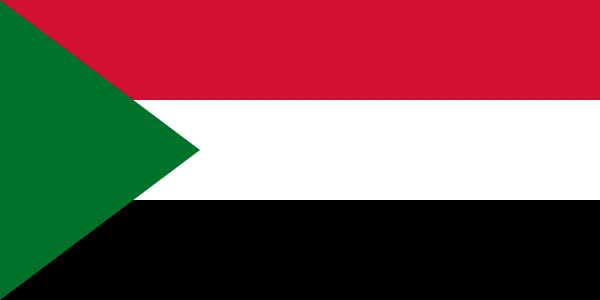
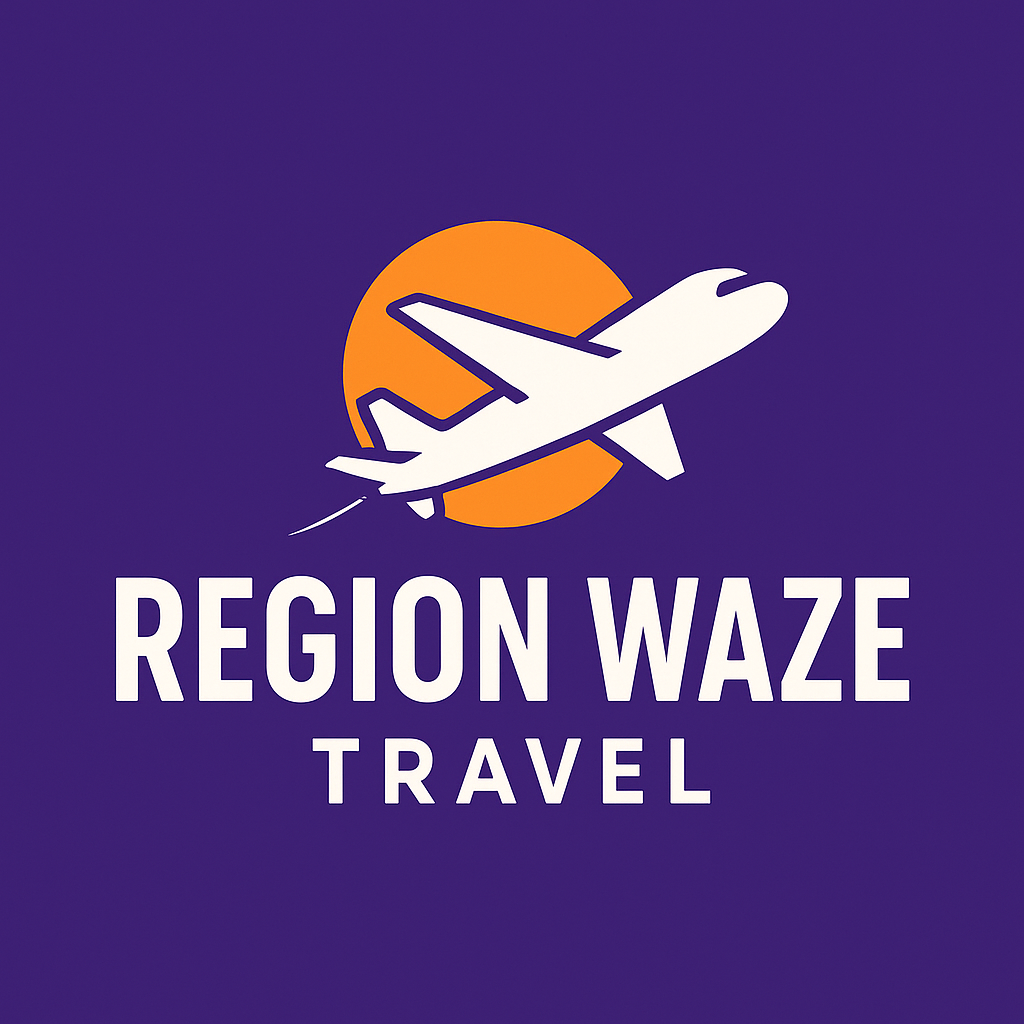
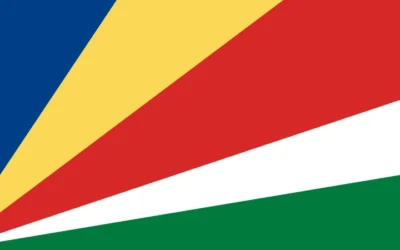
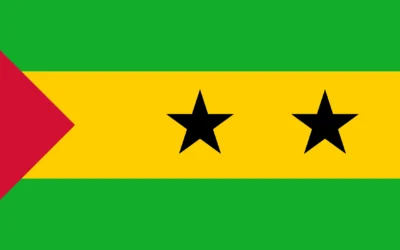
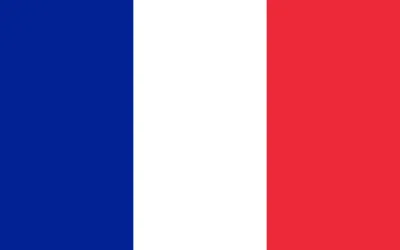
0 Comments